How To Eat Like A Pro Footy Player (And Why)
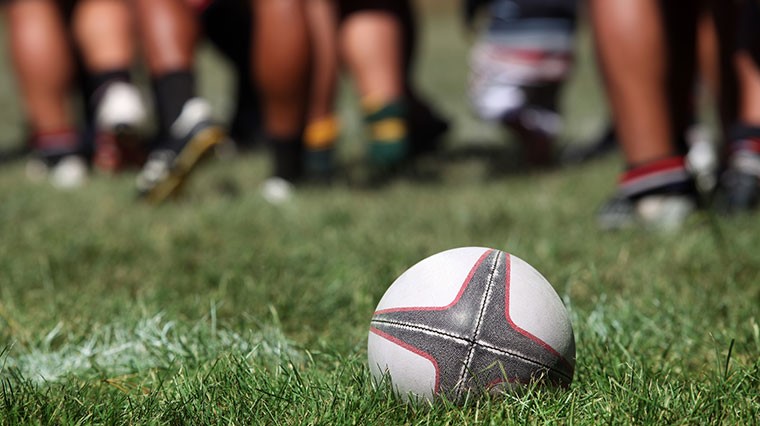
Carbs, protein, and did we mention carbs? As a footy player, you probably know piling your plate high with carbs and a lean protein is the way to go to fuel your body and recover after the punishment you put it through, but what you may not know is why.
Here’s a quick biology lesson to give you a lowdown on the food that fuels you.
Carbohydrates
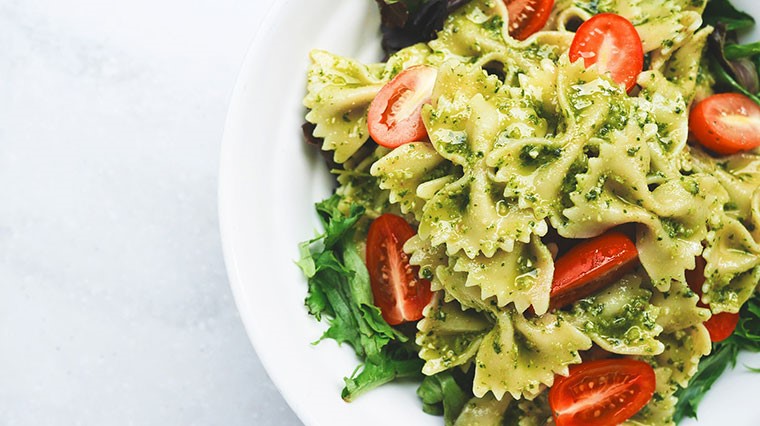
After you eat a plate of pasta (or a nutritious breakfast cereal, brown rice, wholegrain bread, starchy vegetables or whatever your carb), your body converts the carbohydrates into the simple sugar glucose, and any excess glucose is stored as glycogen in your liver and muscles.
Once your immediate energy reserves run out during physical activity, your body falls back on glycogen to function effectively. A vehicle with no fuel won’t get you anywhere, and glycogen is your body’s fuel.
Hard training naturally depletes your glycogen levels and therefore, it is essential you replenish it by increasing your carb intake the 2-3 days leading up to the match to keep your glycogen tank full so come game day, you won’t run dry on energy.
As a guideline, an AFL footy player weighing 85kg requires 500 - 700g of healthy carbs per day throughout pre-season training - that’s 6 - 8g of carbs per kg of body weight.
Protein
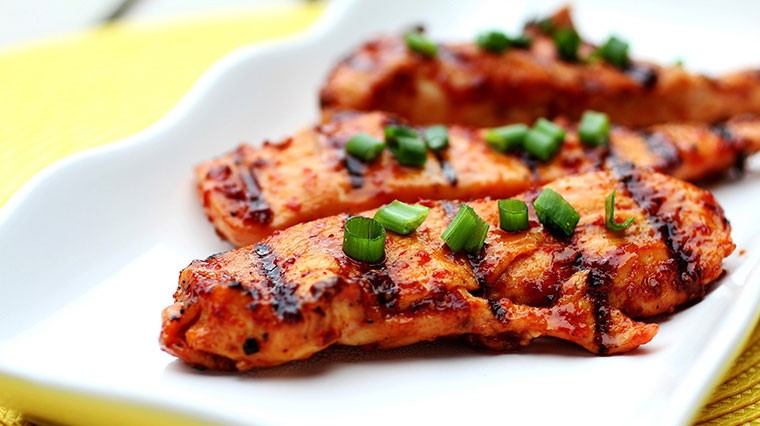
Pre-season training and competition inflicts trauma to your muscle fibres as you sprint, tackle, kick and battle the rigours of the game. Protein is critical to maintain, build and repair this muscle tissue - and as protein can't be created by the body from scratch, it must be obtained by ingestion.
Proteins are composed of amino acids, the ‘building blocks’ of the body that are critical to biological processes and are essential to stimulate protein synthesis for the growth and recovery of your muscles, ensuring your hard training doesn’t go to waste.
For an 85kg player, 100 - 140g of protein per day during pre-season training should be sufficient to aid in recovery - that’s 1.2 - 1.6g per kg of body weight.
Don’t skimp on your health when choosing your protein - opt for lean, unprocessed protein in the form of chicken, turkey, lean beef, salmon/tuna/mackerel, eggs, legumes and nuts. A bucket of deep fried chicken is definitely off the menu - sorry guys!
Fruits and Vegetables
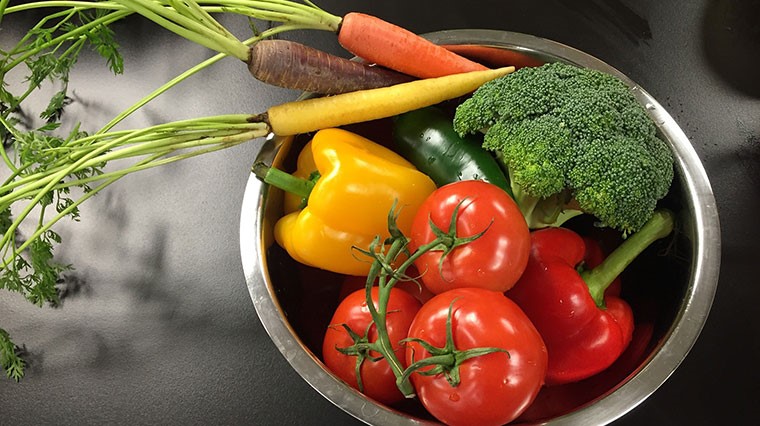
Just when you thought you got out of eating your veg! A heroic frog once said, “it’s not easy being green” and considering you are what you eat, you may be tempted to neglect your greens - not to mention reds, oranges, purples and all the colours of the rainbow these nutrient rich foods come under.
Rich in antioxidants and fibre, fruits and veg are essential for a balanced diet, providing the vitamins and minerals you need to maintain gut health and immune function, and to stay at the peak of your athletic performance.
Healthy Fats
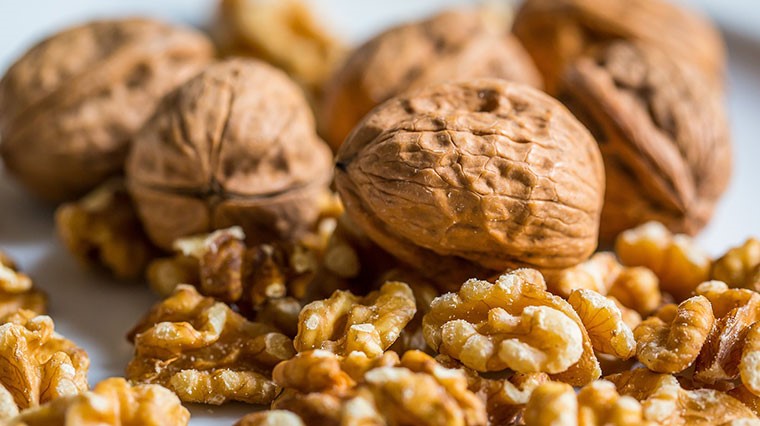
Sorry to burst your bubble but we aren’t talking about deep fried donuts - doh! Although carbs and protein will be the focus of your pre-season diet, neglecting good fats can hinder your absorption of nutrients.
Include monounsaturated fats (e.g. avocado, sunflower seeds, olive oil, canola oil, almonds, cashews, pistachios and macadamia nuts) and omega-3 fatty acids/polyunsaturated fats (oily fish such as salmon, tuna, trout and mackerel, alongside flax, chia seeds and walnuts) in your pre-season nutrition plan.
Be sure to steer clear of saturated fats from fried foods, fatty meat, full fat dairy and partially hydrogenated oil which can make you feel fatigued, sluggish, and prevent you from bringing your a-game.
Hydration

Water is critical to all functions of your body - it transports nutrients to your cells, lubricates your joints and regulates body temperature. Replenishing your fluids throughout the day and replacing that which is lost in sweat should be number one focus pre-, during and post-activity, preventing dehydration and ensuring you’re training with peak focus, speed and agility.
Sports drinks can also be advantageous for footy players pre-game to ensure carbohydrate, electrolyte and fluid levels are replenished before kick-off. Also, keep alcohol to a minimum as it can hinder recovery and performance.
Keep track of your urine leading up to the match - it should be clear or light in colour as an indicator of good hydration. If not, drink up the H20!
